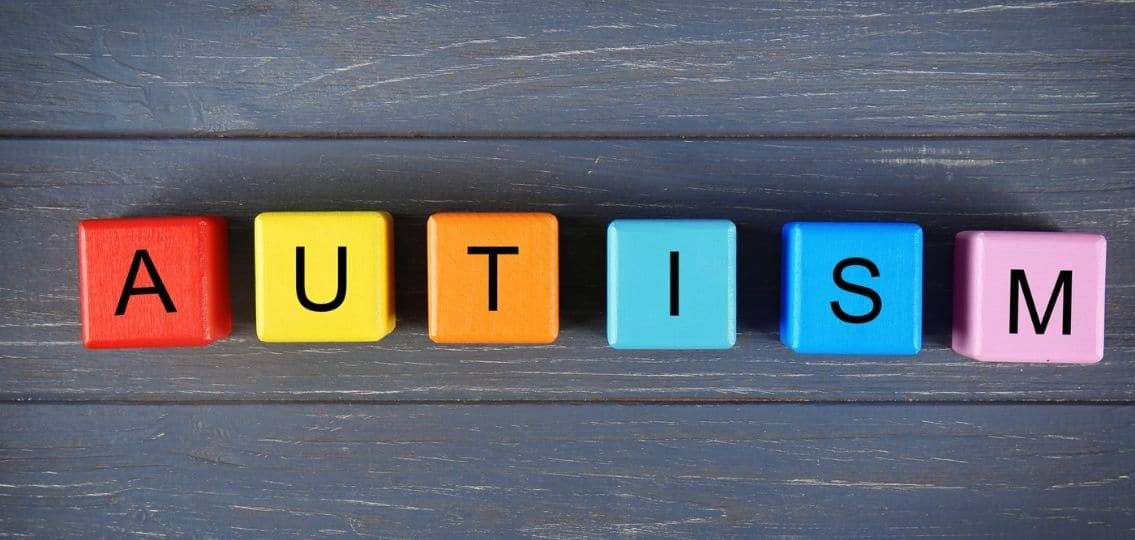[ad_1]

By Diana Romeo
You probably already know that autism is a developmental spectrum disorder. You may even be aware of its various symptoms, like communication deficit, anxiety, obsessive-compulsive issues, sensory issues, lack of social skills, self-harm, and aggressive behavior—all of which may impair a person’s ability to communicate and interact socially.
But these are facts anyone can find in a textbook or on the internet. I want to introduce you to some autistic people. These wonderful young men in my life are finishing high school or are just post high school. They each have autism, but they are not all the same. Like any other young adult, they have their own challenges and their own strengths.
What Autism Looks Like
Alexander Is My GPS
My 21-year-old son Alexander was diagnosed with autism when he was three years old. His communication skills are very limited. He has the vocabulary, but he has a tough time putting those words together to form sentences. Often I need to guess what he’s asking for.
Alexander seems to enjoy going out with friends, but he doesn’t interact a whole lot. His anxiety can lead to screaming and biting himself and sometimes others. He needs everything to be exactly the same, each time, which is next to impossible to satisfy.
On the positive side, Alexander has a fantastic memory. He solves jigsaw puzzles easily and has a great sense of direction. Like me, he’s fond of chocolate. Also, he loves to shoot hoops.
In the years Alexander attended high school in an all-inclusive program for autism when he was a teenager, we saw his symptomatic behaviors decrease and his functional communication increase. Eventually he was able to move to their vocational program and now he’s doing things I never imagined he’d do as a teen. He’s working in the school café, making coffee, and expediting orders.
Cyril Can Slay a LEGO Set
Alexander’s friend, Cyril, 19, has a different way of communicating. He’s more verbal than Alexander and can have full conversations, but it’s sometimes hard to understand his speech. He’s able to express himself beautifully and in more detail in written form. Cyril wants more friends, but he has difficulty making them. He’s a visual learner and can put together 1300-piece Lego sets easily. Over the last few years, Cyril’s independence has increased tremendously. A senior in high school, he’s relying on his parents much less than he did as a freshman, completing many assignments independently. He has a bank account now and can sign up for streaming services online all on his own.
Cody Loves to Travel
My son’s schoolmate Cody,18, is largely nonverbal. The few words he uses come out in a high-pitched squeal. Like Alexander, Cody doesn’t interact much socially, but he does enjoy going out to restaurants and birthday parties. Cody’s bouts of anxiety have him walking in circles, covering his ears, and whimpering. He has some OCD behaviors that make him obsess over things being in the right place, and he wants to play songs on repeat. Like most teens, he loves being on the computer and watching YouTube videos. Less hyper than when he was younger, Cody has grown to become more flexible and now enjoys traveling. He flew to Maryland and has taken car trips to Disney and to mountains in Georgia.
Tommy Is Ready to Launch
The son of one of my besties, Tommy, 21, has no issues with speech or language. He loves playing and watching football and is very interested in history. His anxiety is mild and mostly related to social situations, where his biggest challenge is social skills. Instead of making small talk, Tommy limits his conversations to a small range of subjects like war facts and anime, and he presents random tidbits unrelated to the subject at hand. Tommy is more confident and willing to put himself out there in clubs at school. Showing a tremendous amount of growth in independence, Tommy was just accepted to participate in an internship at Disney World for six months, where he’ll live away from his family.
Michael Is a Social Butterfly
Alexander’s friend Michael, age 20, is very social; he enjoys talking to people, and has no trouble verbally, even if his conversations are limited in scope. He loves animated movies and cartoons and he acts them out using a variety of voices. He wants a girlfriend but doesn’t know how to initiate a relationship or express interest in a girl. As he’s gotten older, Michael has become more independent and is influenced by what he sees his three siblings doing. He’s shaving on his own, making his bed, and uses oven mitts when he cooks on the stove by himself.
My Life Is Richer for Knowing Them
Autism is called an invisible disability because it’s not immediately apparent by looking at someone. You may not know their level of understanding or why they may exhibit certain behaviors. As a parent of autism, I hope sharing a little about these wonderful young men in my life cultivates a better understanding of the disorder and helps create a more friendly environment for those on the spectrum.
I hope you’ll be kind when you meet someone with autism and remember that even though they’re navigating challenges, they still have a lot to offer. You may even find you have more in common with them than you expected, and your life, like mine, will be richer for having gotten to know them.
[ad_2]
Original Source Link

 PARENTING TIPS
PARENTING TIPS PREGNANCY
PREGNANCY BABY CARE
BABY CARE TODDLERS
TODDLERS TEENS
TEENS HEALTH CARE
HEALTH CARE ACTIVITIES & CRAFTS
ACTIVITIES & CRAFTS

